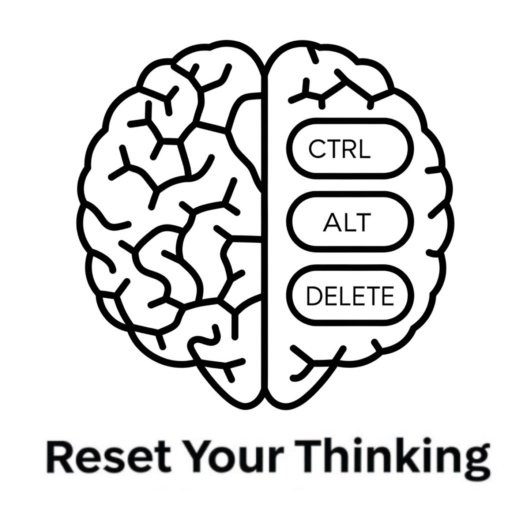“First Things First” by Stephen R. Covey
Overview:
This document summarizes key concepts and themes from Stephen Covey’s “First Things First,” focusing on how to prioritize and manage time effectively by aligning actions with values and principles. The core idea revolves around shifting from traditional “time management” to “personal leadership,” emphasizing the importance of focusing on what truly matters rather than simply reacting to urgent demands. The material stresses the importance of vision, balance, and integrity in achieving a fulfilling and productive life. The document also provides examples and insights from the source material.
Key Themes and Ideas:
- The Limitations of Traditional Time Management (Generations 1-3): The book critiques traditional time management approaches, particularly the 3rd generation, which is characterized by values-based goal setting. Although this generation is the ideal end-point for many, Covey argues that even this generation is flawed.
- Traditional methods focus on efficiency and prioritization but often fail to address underlying paradigms and deeper needs.
- “First things’ for people in the second generation are a function of calendar and goals”
- The traditional approach can lead to feeling overwhelmed despite high productivity, missing a deeper sense of purpose and fulfillment.
- “My output is tremendous; I’m getting a lot done. But I get this feeling inside sometimes, “So what? What are you doing that really counts?” I have to admit, “I don’t know.”
- The Power of Paradigms (Maps): Covey emphasizes that our underlying paradigms (maps of our minds and hearts) significantly influence our attitudes, behaviors, and results.
- Changing behaviors or methods without addressing the underlying paradigm is ultimately ineffective.
- “if we want to create significant change in the results, we can’t just change attitudes and behaviors, methods or techniques; we have to change the basic paradigms out of which they grow.”
- Paradigm shifts are crucial for achieving lasting change and personal effectiveness.
- He likens a person’s paradigm to a map, and if a person uses the wrong map, they will end up at the wrong destination, no matter how efficient their efforts are.
- The Tyranny of the Urgent vs. Importance: The document stresses the need to move beyond simply reacting to urgent demands and to focus on important activities that contribute to long-term goals and values.
- Urgency often dictates our choices, leading us to neglect important but non-urgent tasks.
- “The important task rarely must be done today, or even this week. . . . The urgent task calls for instant action. . . . The momentary appeal of these tasks seems irresistible and important, and they devour our energy. But in the light of time’s perspective, their deceptive prominence fades; with a sense of loss we recall the vital task we pushed aside. We realize we’ve become slaves to the tyranny of the urgent.”
- Traditional time management tools can reinforce the “addiction” to urgency, hindering the focus on importance.
- The quadrant matrix (not explicitly detailed in the excerpts but referenced) helps to visualize how importance and urgency influence our time allocation.
- The Fourth Generation: Principle-Centered Living The need to create theory and tools that will empower a person to fulfill their basic needs and capacities in a balanced, principle-centered way.
- “Bottom-line, the power to create quality life is not in any planner. It’s not in any technique or tool. And it’s not limited to our ability to plan a day. None of us is omniscient. We don’t know what opportunities, challenges, surprises, sorrows, or unexpected joys the next moment in our lives will bring.”
- The focus becomes developing an “inner compass” to act with integrity in every moment of choice.
- The Four Human Endowments: Covey identifies four unique human endowments that are crucial for personal leadership: self-awareness, conscience, independent will, and creative imagination.
- Self-Awareness: The ability to examine our thoughts, motives, and actions, to stand apart from ourselves. “Self-awareness is our capacity to stand apart from ourselves and examine our thinking, our motives, our history, our scripts, our actions, and our habits and tendencies. It enables us to take off our “glasses” and look at them as well as through them.”
- The development of Self-awareness is aided by journaling.
- Conscience: Our internal guidance system that connects us with universal principles and our sense of right and wrong.
- Independent Will: The capacity to act based on principle rather than reacting to emotion or circumstance.
- Creative Imagination: The power to envision a future state, create new possibilities, and solve problems synergistically.
- Developing these endowments synergistically is key to personal effectiveness.
- The Importance of a Personal Mission Statement: Creating and living by a personal mission statement is central to “First Things First.”
- A mission statement provides a clear sense of direction and purpose, guiding daily decisions.
- “When we talk about “the passion of vision,” we’re talking about a deep, sustained energy that comes from a comprehensive, principle-based, need-based, endowment-based seeing that goes beyond chronos and even kairos. It deals with an aeon concept of time, from the Greek aion, meaning an age, a lifetime or more.”
- It should be principle-based, need-based, and endowment-based.
- The material provides an exercise to visualize your 80th birthday or 50th wedding anniversary to help clarify your values and desired legacy.
- A powerful mission statement acts as the “DNA” of our lives, informing every decision and action.
- The Concept of Roles: Identifies roles that give a sense of the wholeness of quality life – that life is more than just a job or a family. These roles highlight important but not urgent areas that are currently being neglected. It’s also helpful to create a foundational role called “sharpen the saw.”
- Balance and Synergy: The excerpt emphasizes that different areas of life are interconnected and should be managed holistically.
- “Life is one indivisible whole.”
- Balance isn’t about running between compartments but achieving a “dynamic equilibrium” where all parts work synergistically.
- Principles like proactivity and empathy are applicable across various roles, creating inter-role synergy.
- Focusing on the physical, mental, social, and spiritual empowers us to meet needs effectively.
- Goal Setting with Integrity: Goal setting is powerful, however, must be done the right way. To build a strong “Personal Integrity Account” by setting and achieving meaningful goals on a regular basis.
- Goals have a strong connection to mission, needs, and principles.
- There is power in using a persons four human endowments in a synergistic way in setting and achieving principle-based goals.
- The Power of Choice (Integrity in the Moment): The excerpt emphasizes that the ability to act with integrity in the moment of choice is crucial for personal effectiveness.
- This involves pausing between stimulus and response, asking with intent, listening without excuse, and acting with courage.
- The book gives the advice that when going through goal-setting, think about what is the “what”, the “why”, and the “how.”
- “To ask with intent is the essential act whereby we become principle centered. It is to ask our conscience, not out of curiosity, but out of commitment to act based on the wisdom of the heart.”
- Evaluation and Continuous Improvement: The material stresses the importance of regularly evaluating our weeks to learn from our experiences and to continually improve.
- This involves asking questions about goal achievement, challenges, and the impact of our choices on our “Personal Integrity Account.”
- Regular evaluation and renewal are vital parts of learning from living.
- Interdependence: True independence prepares us for effective interdependence. Shared vision becomes the constitution and criterion for decision making in the group, which bonds people together and gives them a sense of unity.
- Cultivating Empowerment: Empowerment can’t be installed – it has to be grown. At the heart of empowerment is trustworthiness, which is a function of character and competence.
Illustrative Quotes:
- “The significant problems we face cannot be solved by the same level of thinking that created them.”
- “It’s easy to say “no!” when there’s a deeper “yes!” burning inside.”
- “We are the product of our choices.”
- “I am of the opinion that my life belongs to the whole community and as long as I live it is my privilege to do for it whatever I can. I want to be thoroughly used up when I die. For the harder I work the more I live.”
Implications:
- “First Things First” provides a framework for aligning daily actions with deeply held values and principles, leading to a more fulfilling and effective life.
- It challenges readers to move beyond traditional time management techniques and to develop personal leadership skills.
- The book emphasizes the importance of self-awareness, conscience, and integrity in making choices that contribute to long-term well-being and purpose.
This briefing document summarizes the core concepts of “First Things First” and offers a starting point for understanding how to implement its principles in your own life.
RYT Podcast is a passion product of Tyler Smith, an EOS® Implementer (more at IssueSolving.com). All Podcasts are derivative works created by AI from publicly available sources. Copyright 2025 All Rights Reserved.

